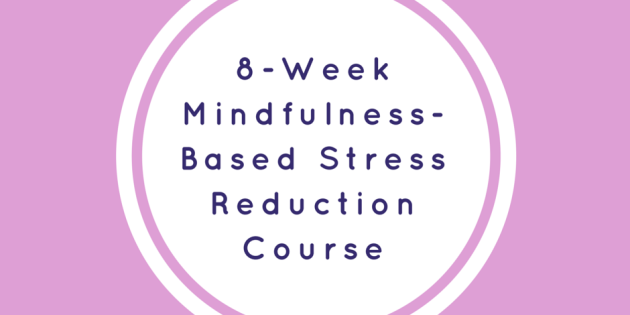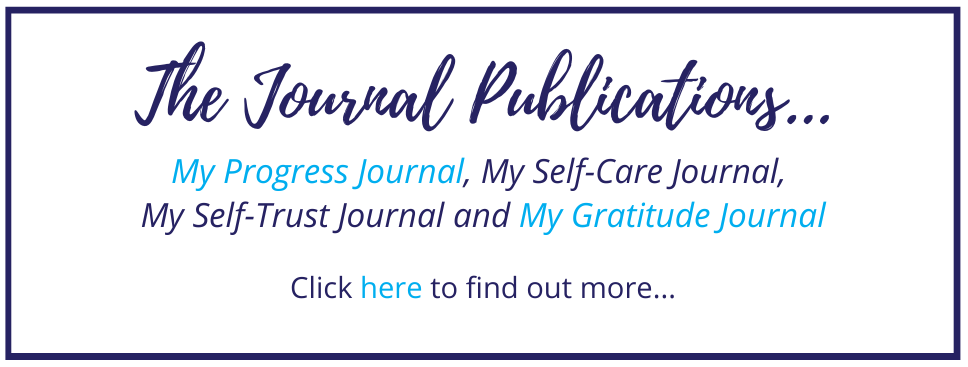What are the Risks Associated with MBSR?
The risks of the Mindfulness-Based Stress Reduction (MBSR) course include:
Physical risks –
- The primary risk is associated with mindful yoga.
- Taking care of yourself is at the core of practising mindfulness.
- If you hear guidance that you know is not healthy for your body or condition, or if you are feeling pain, please disregard the teacher and either modify the post or rest and imagine doing the pose.
- Explore your limits – only go to your own edge and not beyond.
- Because we use yoga to teach mindfulness of the body, being aware of the body from moment to moment is more important in this class that in other forms of yoga where proper form is emphasised. The teacher can help you make modifications if required and it is also good to ask your doctor or physical therapist to review the postures on the practice sheets, and to make an ‘X’ through postures that are not suitable for you.
Emotional risks –
- Feelings of sadness, anger, fear could seem stronger at the beginning because you may be paying attention in a conscious way for the first time.
- A history of trauma, abuse or addiction to substances may heighten these reactions. Please tell your interviewer or teacher if this is true for you and we can determine together whether or not is makes sense for you to take this class.
- You may find you make discoveries about yourself that you do not like.
- You may be challenged and find yourself facing the unknown.
Other people in your life –
- It may be a challenge to set aside space and time to do the practice, so it is important to request the support from your family, friends and/or co-workers.
- You may find you change patterns of reactivity, behaviour and communication, and your family, friends and/or co-workers may be uncomfortable with the ‘new you’.
- You may find your relationships change.
Time –
- Finding time to make a new habit of mindfulness practice can be challenging – it is normal to have the idea that there is not enough time to practice. We sometimes find, counter-intuitively that setting aside time for practice increases the sense of spaciousness in the rest of the day.
What are the Benefits of Mindfulness?
Mindfulness continues to grow throughout the world. Subsequently, there has been a lot of research on mindfulness and some of the benefits of mindfulness include:
- decreasing the symptoms of anxiety (Miller, Fletcher & Kabat-Zinn, 1995),
- increasing a sense of empathy and spirituality (Shapiro, Schwartz & Bonner, 1998),
- decreasing symptoms of chronic pain (Kabat-Zinn, Chapman & Salmon, 1987),
- reduce stress levels in healthy people (Chiesa & Seretti, 2009),
- decreasing symptoms of obsessive-compulsive disorder (Baxter et al, 1992),
- increasing well-being (Brown & Ryan, 2003),
- helpful in reducing the effects of psoriasis (Kabat-Zinn et al, 1998),
- preventing relapse in depression (Segal et al, 2007) and drug addiction (Parks, Anderson & Marlett, 2001), and
- decreasing stress and enhancing quality of life for those with breast and prostate cancer (Carlson L et al, 2007).
References:
Baxter, L., Schwartz, J., Bergman, K., Szuba, M., Guze, B., Mazziota, J. (1992). Caudate glucose metabolic rate changes with both drug and behaviour therapy for obsessive compulsive disorder. Archives of General Psychiatry, 49(9), 681-689.
Brown, K., & Ryan, R. (2003). The Benefits of Being Present: Mindfulness and its Role in Psychological Well-being. Journal of Personality and Social Psychology, 84, 822-848.
Carlson, L., Speca, M., Faris, P., & Patel, K. (2007). One-year pre-post intervention follow-up of psychological, immune, endocrine and blood pressure outcomes of mindfulness-based stress reduction (MBSR) in breast and prostate cancer outpatients. Brain, Behaviour, and Immunity, 21(8), 1038-1049.
Chiesa, A., & Serretti, A. (2009). Mindfulness-Based Stress Reduction for Stress Management in Healthy People: A Review and Meta-Analysis. The Journal of Alternative and Complementary Medicine, 15(5), 593-600
Kabat-Zinn, J. (2003). Mindfulness-Based Interventions in Context: Past, Present, and Future. Clinical Psychology: Science and Practice, 10, 144–156.
Kabat-Zinn. J., Chapman, A., & Salmon, P. (1987). Relationship of cognitive and somatic components of anxiety to patient preference for different relaxation techniques. Mind/Body Medicine, 2(3), 101-110.
Kabat-Zinn, J., Wheeler, E., Light, T., Skillings, A., Scharf, M., Cropley, T., Hosmer, D., & Bernhard. J. (1998). Influence of a mindfulness meditation-based stress reduction intervention on rates of skin clearing in patients with moderate to severe psoriasis undergoing phototherapy (UPA) and photochemotherapy (PUVA). Psychomatic Medicine, 60(5), 625-632.
Ludwig, D., & Kabat-Zinn, J. (2008). Mindfulness in Medicine. The Journal of the American Medical Association, 300 (11), 1350-1352.
Miller, J., Fletcher, K & Kabat-Zinn, J. (1995). Three-year follow-up and clinical implications of a mindfulness meditation-based stress reduction intervention in the treatment of anxiety disorders. General Hospital Psychiatry, 17(3), 192-200.
Parks, G., Anderson, B., & Marlett, G. (2001). Interpersonal Handbook of Alcohol Dependence and Problems. New York, USA: John Wiley.
Segal, V., Williams, M., Teasdale, D., & Kabat-Zinn, J. (2007). The Mindful Way through Depression. New York, USA: Guilford Press.
Shapiro, S., Schwartz. G., & Booner, G. (1998). Effects of mindfulness-based stress reduction on medical and premedical students. Journal of Behavioural Medicine, 21(6), 581-589.
If you have any questions about the MBSR Course – please ask your interviewer or teacher.
Please note the above information has been adapted from the Centre for Mindfulness at the University of Massachusetts.
There are more frequently asked questions about mindfulness here.

















Leave A Response